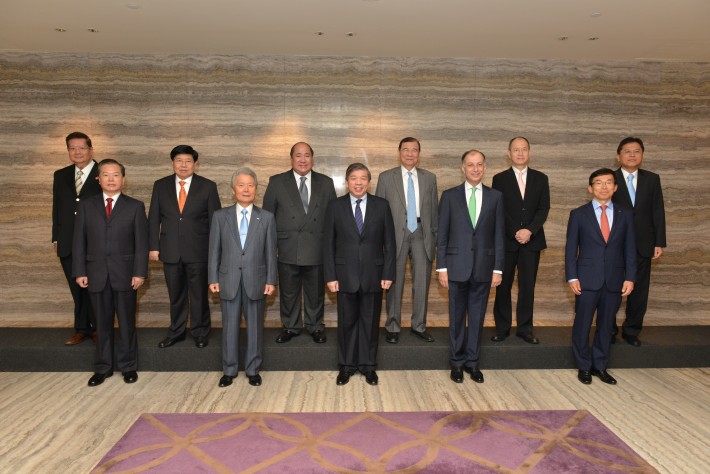Last July 16, 2016, business leaders from 10 Asian economies converged to hold the 7th Asian Business Summit at the Grand Hyatt Hotel in Singapore. In a Joint Statement, the participating nations delineated measures to sustain Asia’s economic dynamism and described the role the private sector has in supporting the endeavor.
Four topics were highlighted in the meeting namely Regional Economic Integration, Infrastructure Development, Innovation & Technology, and Environment & Energy. The delegates agreed to advocate for the goals set during the meeting and provide actionable inputs to the policy makers of their respective Economies.
On the subject of Regional Economic Integration, The Summit placed particular importance on the need to have inclusive Economic Partnership Agreements (EPAs) and Free Trade Agreements (FTAs). It sees the implementation of EPA/FTAs as a way to liberalize trade, raise the price competitiveness of the region as a whole, and attract more foreign direct investments especially in the manufacturing and services sectors.
Meanwhile, for Infrastructure Development, the business leaders acknowledged the pressing need of infrastructures such as logistics (railways, harbors, airports, LNG terminals etc.), electric power plants, and telecommunications in Asian economies.
The Summit believes that through reduced customs duties on materials/equipment, transparent domestic regulations, sufficient protection of intellectual property rights and unrestricted remittance, a business environment in which private sectors could undertake infrastructure projects without encountering operational obstacles can be created.
For Innovation & Technology, The Summit encouraged the establishment of special economic zones (SEZs) in each Economy, which offer incentives to companies and research institutes devoted to developing breakthrough technologies. It also encouraged broader cooperation with third economies in making sure that issues concerning region-specific standards and technical regulations do not stifle business activities in the region.
Lastly, on the discussion about Environment & Energy, The Summit urged the prompt ratification and implementation of the Paris Agreement signed last December 2015 under the United Nations Framework Convention on Climate Change (UNFCCC).
Also, to address the issue on emissions and energy efficiency, the leaders encouraged the deployment of energy-efficient infrastructure, housing, motor vehicles, and household appliances as well as eliminating trade barriers on environmentally friendly goods.
In total, 11 business organizations from 10 Asian Economies participated in the meeting. A complete list of delegates and their respective organizations/companies can be found under the References section below.
==================
References:
7th Asian Business Summit Joint Statement
7th Asian Business Summit List of Delegates
7th Asian Business Summit Program
7th Asian Business Summit Photo Album


